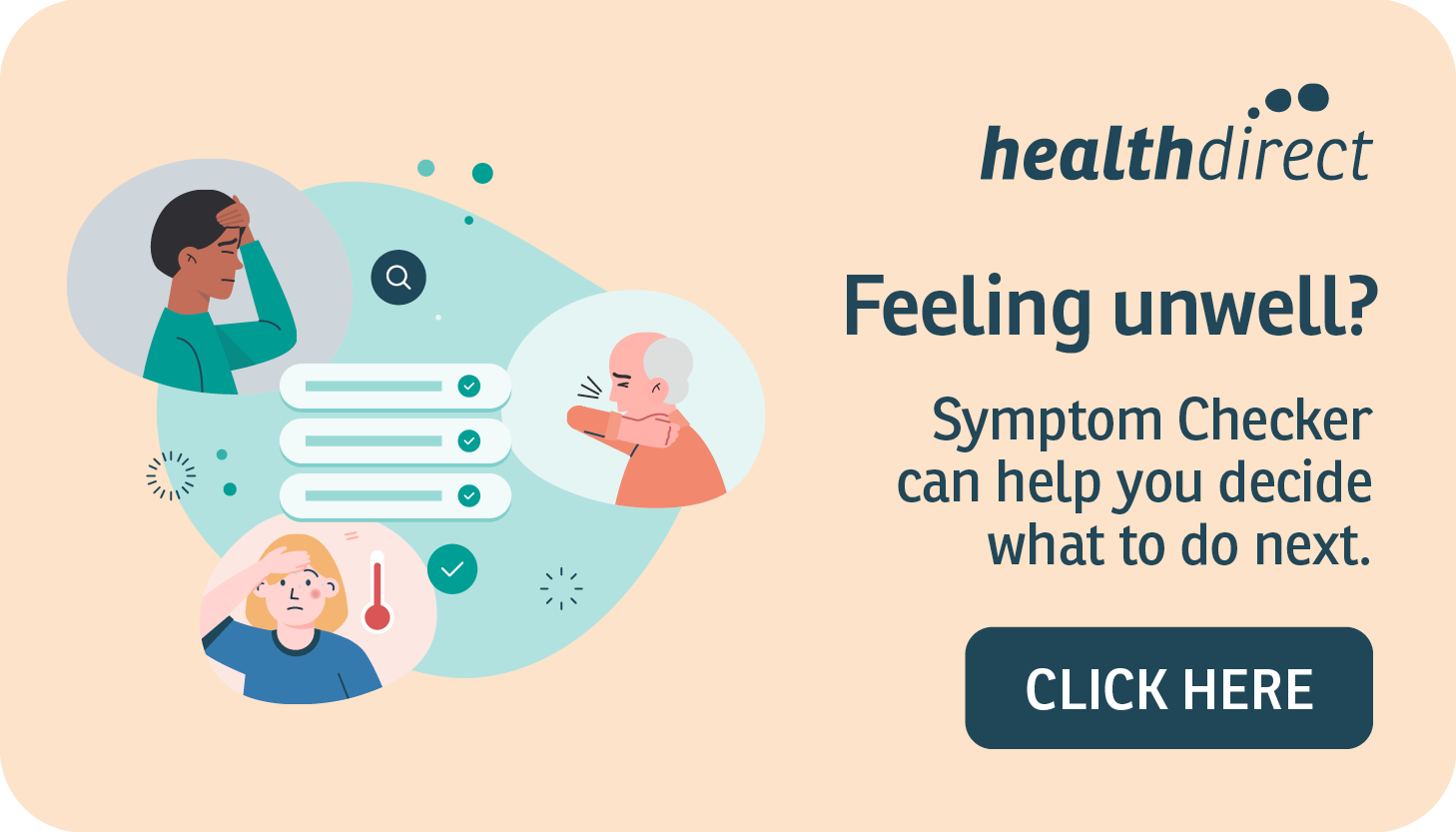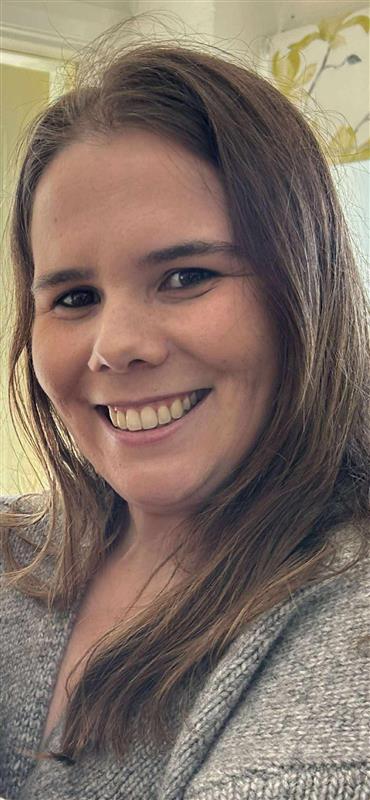My first clear memory of being home with my eldest son after he was born is this: I am sitting on a feeding chair, rocking and nursing him, his beautiful fat little body nestled into mine, feeling overwhelming love, and also feeling that I am falling down a sheer drop, panic engulfing me as I descend. I am crying, and I am exhausted, still not having slept in 48 hours; I am in a great deal of pain from a difficult labour, I have no appetite, and my thoughts are running on a treadmill of irrational terror, jumping from ‘I will never sleep’ to ‘I cannot face the mailbox.’ The mailbox, for some reason, is the focus of my panic: it represents an idea that I will have to re-enter the world somehow in this new state, with both a new little life to sustain and unable to sustain myself.
I was not completely surprised by the way I was feeling. Anxiety was something I had experienced in the past, and it had always been related to separations. I’d had some early life experiences that had contributed to me feeling this way. I’d found it hard to be away from home as a child, and as an adult I had often come up against a feeling that I was not quite safe, still a child, not quite able to be, symbolically, apart from my own mother in the world. But I had been dealing with these feelings in therapy for a long time, and while I knew motherhood would be a whole new experience I’d felt ready for the emotional challenges it would pose. But now, here I was with this sheer panic, this adrenalin, rushing thoughts; sleep with nightmares and a body that hurt from all the tension and alertness and thinking.
When my son was three months old, convinced I had failed at routine and that the problem likely boiled down to sleep and sleep deprivation, I got us in to a residential Sleep School program for three nights. The acute level of panic had tapered off but, aside from delighting in the deliciousness of my son, with whom I had formed a strong attachment, I was feeling little joy.
My son was not a great sleeper, an alert, vocal baby, and my go-to to settle him was to breastfeed him, which was both physically exhausting, given how vocal he was, and unhelpful in the way it offered me no way to safely be away from him and feel he was ok. Babies and mothers need to, eventually, slowly gain independence from each other. The experience of motherhood was further digging me down into a place where separation between loved ones was a disaster, rather than a normal and necessary experience of dependence that gradually gives way to independence and personal growth. I continued to explore this struggle in my therapy, and it helped immensely to talk about these things and know what might be at the heart of how I was feeling, but on a day to day level it was still incredibly hard to deal with the physical panic: the loss of appetite, the exhaustion, the constant thinking about how to control things, like sleep times and feed times, to keep my adrenalin from peaking.
On a practical level my days contained no normal enjoyment, no laughs with friends, or trips to the shops for a treat, or baths or Oprah on TV, or trashy magazines or cooking or movies. I was obsessed with getting the baby into a routine, certain this was all that was coming between me and a ‘normal’ experience of motherhood. My own family lived interstate, and I spent a lot of time with my in-laws, where I got some respite and comfort, but I felt incredibly lonely. My husband was very supportive and tried the best he could to offer me comfort and help, but practically he needed to be at work each day, and felt a bit helpless himself to break through this brittle shield of obsessive control I had built around me to keep on track.
At Sleep School, the psychologist assessed me and told me that my score on the Edinburgh Postnatal Depression scale indicated I was not ok. They offered to admit me. For all sorts of reasons, I could not do this. I felt that going in to a hospital stay would be a measure of my failure. I was also sure that I couldn’t be that bad. A part of me was convinced that this was normal motherhood, and that I was just failing at it. Another part of me knew that I was facing real emotional struggles to do with my personal life experiences, and felt that I could recover if I persisted with my therapy. And yet another part of me was aware that there were biological factors making things harder: lack of sleep, hormonal changes.
When my son was six months old, I became kinder to myself. I got to a point where I thought, ‘Yes, this is very much your struggle in life, to find it hard to separate, and motherhood has thrown you into the most challenging emotional experience you could face in that regard, in having another human rely on you for their livelihood, but you need respite from this while you work all that out. You need some joy again.’ And it was then that I decided to go onto medication, an anti-depressant, which I had been on once before in my life, and which had helped at that time.
The side-effects of going onto the medication were unpleasant and hard at first (‘brain zaps’, as they are known, tiredness, insomnia, apathy), but once those passed (after about a week), I felt distinctly better. Aside from whatever SSRIs do, which is still not entirely clear in the medical literature, I think the medication was a turning point for me emotionally, in being a moment where I became an adult, able to ask for help in the way I needed it, and to deliver that help to myself. After that, I became myself again. I slept well, I felt rested; the bodily panic left and so I let go of my tight hold on routine. I began to live normally again.
I went on to have another baby boy three years later, and experienced a repeat of the extreme panic as soon as I returned home from hospital with him. I was dealing again with the same separation fears and now too with the reality of being less available for my eldest, which was another kind of separation in my mind. This time I had put in place my action plan, and quickly went onto medication again (which I had come off at some point), while I dealt with these experience in therapy.
I know I will continue to work against a thinking pattern that fears normal separation in my life, and my time in therapy equips me with the ability to push against this thought pattern. I also know that sleep deprivation and hormonal changes are major factors in my capacity to think clearly and to know when I have tipped into territory that is beyond the norm.
My beautiful boys are now nearly 6 and 9, and I work hard to push against my propensity for holding them close in a way that stops them moving out into the world with a feeling of safety and appropriate self-confidence. I look back on my experience of early motherhood now, and know that, while it was sometimes painful in its intensity, it was a time when I transformed in ways that I would never want to undo.
Thank you so much to Nicola for sharing her story for Gidget Foundation Australia.
Nicola has also written a book: Unlike the Heart – A Memoir of Brain and Mind.
Nicola's Story
Please submit your details below and we will be in touch soon.
Related Fact Sheets

a new mum's story
this Christmas


%201.webp)







%201.webp)







.webp)






.png)

